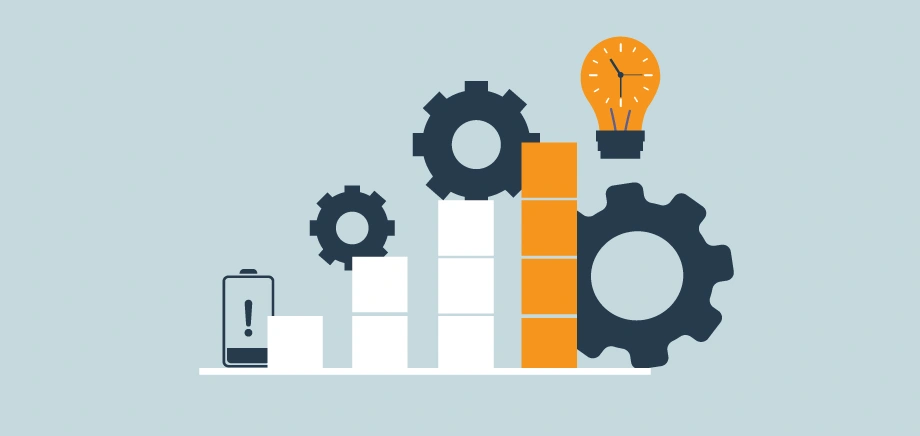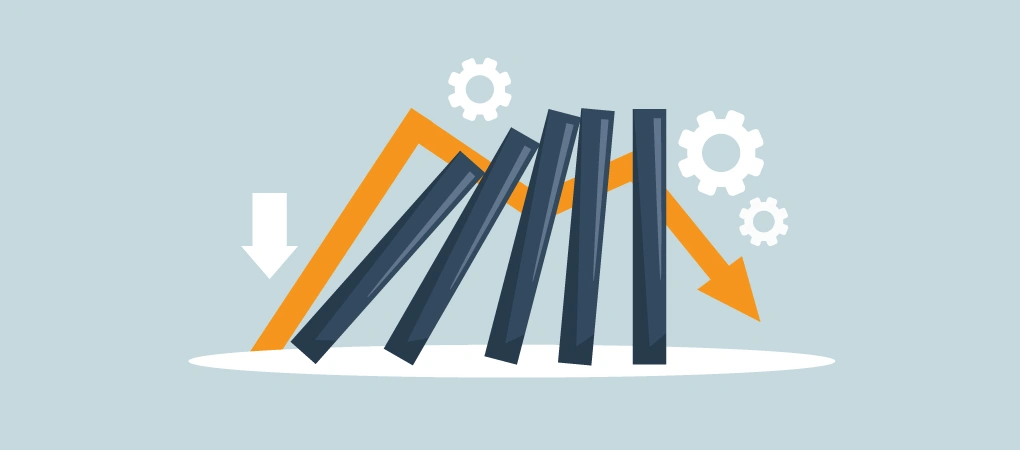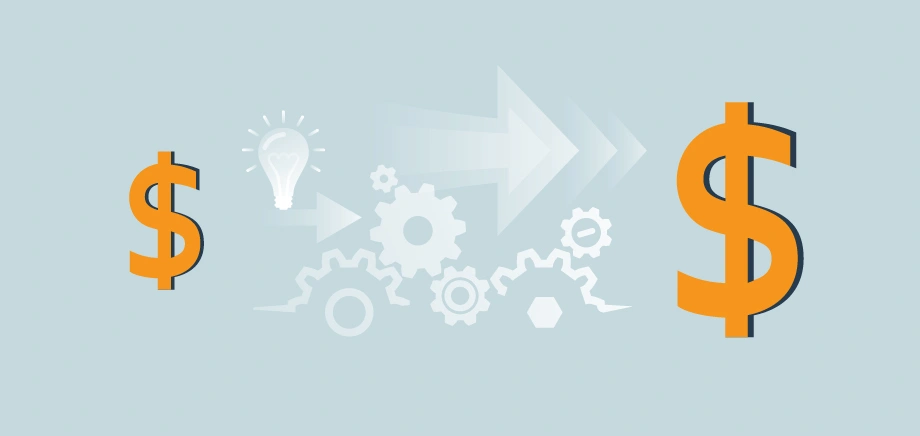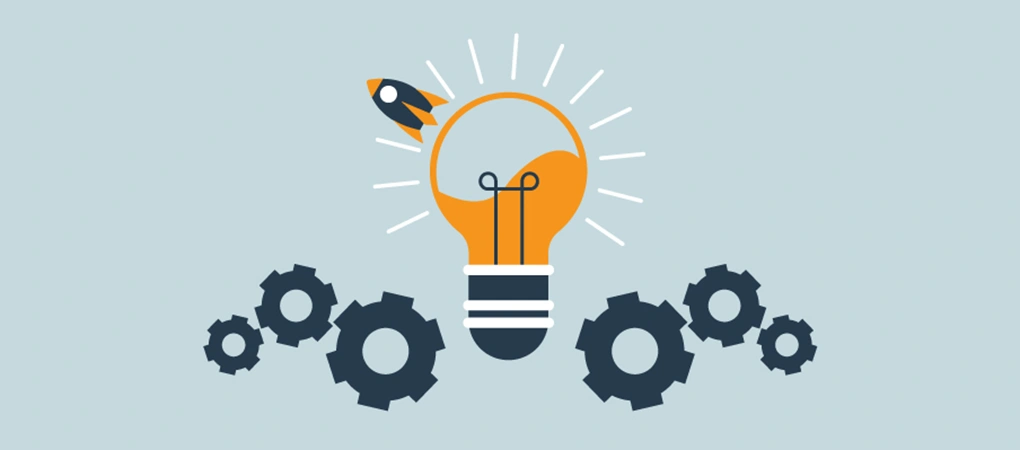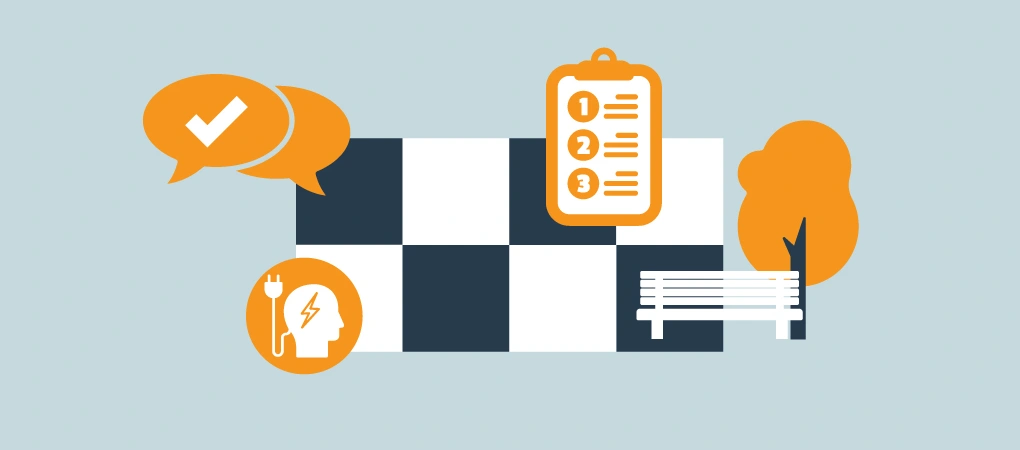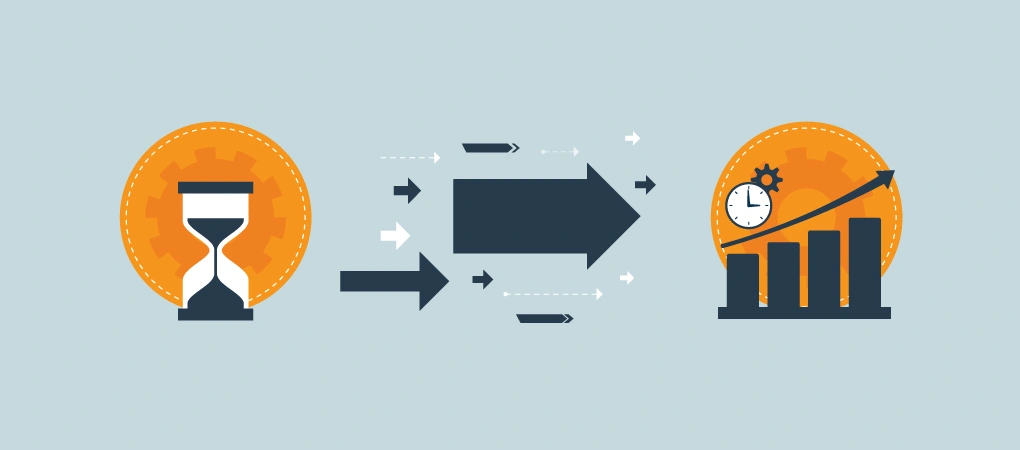How To Overcome Procrastination—Fast
Dan Sullivan
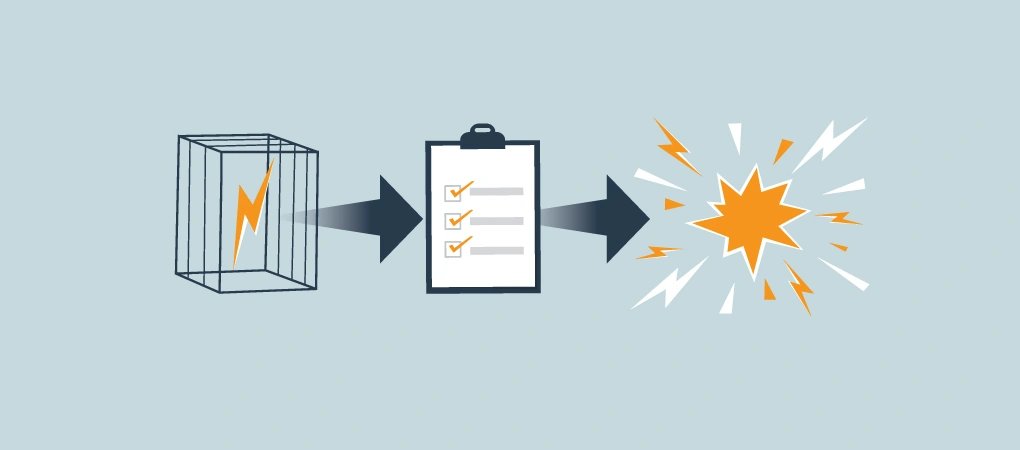
I’m not a gambler, yet I would be entirely confident in betting that you’re a procrastinator, just like I am.
How can I be so sure?
Everyone procrastinates; they just don’t talk about it. Procrastination has gained a bad reputation as everyone searches for a solution to avoid it. But I’m out to prove that it can be a strategy for moving forward quickly and achieving bigger and better results in any area of life.
As a coach to successful business owners, I know procrastination is an intensely-charged problem for any entrepreneur. It’s also their carefully guarded secret.
The intelligence behind procrastination.
Most people are embarrassed by their procrastination. They see it as a character flaw and have the mistaken impression that they procrastinate, but others don’t. It can be isolating.
Talking about it and realizing everyone procrastinates is the first step to jumping in and getting things done.
The universal experience of procrastination involves putting off something we know we should do but, for some reason, can’t motivate ourselves to do it. It’s a mistake to think there’s no good reason for procrastinating. There’s likely an excellent reason—even an intelligent one.
We tend to procrastinate when we know we have to move forward, but something is missing in the situation that keeps us from taking action.
Our hesitation is our indicator that something isn’t quite right. We know that something is missing, there’s a deficiency, or something has to be added before we feel capable of moving forward in a uniquely creative way. This is a brilliant reason to pause and think it through.
The unintelligent—and harmful—side of procrastination is that, although there’s an intelligent reason behind it, we don’t go deeper to find out what that reason is. We don’t ask ourselves why.
The growth fear factor.
My greatest tendency to procrastinate is always when I’m challenged to grow. I must develop new skills, gain new knowledge, and strengthen teamwork. I’m good at this, yet every time there’s a new demand to grow, it scares me. People think I must be good at meeting this challenge, but as you grow, the stakes become higher, and the results are far more significant—thus, the 2 a.m. worries that many entrepreneurs have experienced.
But this is what the growth process looks like, and because I always want to grow, I have to make friends with fear and the need for courage. I have to normalize this experience.
A shift in mindset to overcome procrastination—fast.
When I started delving more deeply into procrastination, I realized how helpful this topic could be for entrepreneurs.
Along the way, I saw that with a shift in thinking, rather than trying to avoid procrastination, anyone could use it as a strategic tool or resource for what to do next. Rather than being considered a negative experience or character flaw, procrastination becomes an advantageous capability.
When I asked myself why I was procrastinating on a particular project and wrote down my insights, the most exciting insight was that I could use procrastination as a strategic tool to figure out the three most important things I should be doing the next day.
I realized that because we keep our procrastination a secret, and it’s never a topic of discussion, we can’t get any value out of it. We have this sense that it’s a waste of energy, but I’ve learned that it’s not wasted—it’s just trapped.
In fact, if you use procrastination as your key indicator for your most important things to work on tomorrow, it’s directing your critical activities for the day. You’re clear about the outcome, and you get results quickly. The burst of energy you experience when you break through is the energy that was trapped in your procrastination.
Always be growing.
I’d venture to say that procrastination is probably here to stay, so why not get it working in your favor? I would go a step further and say that the only way to avoid procrastination altogether is to stop having any personal ambitions about a bigger and better future. And I never intend to do that.
A shift in how you think about procrastination can be the start of one of the most transformative experiences of your life: By changing your mindset, you can transform every procrastination you’ve experienced into a positive and creative capability. It’s a source that’s rich in possibilities once you eliminate negativity.
For more tips on beating procrastination, claim your spot at our upcoming webinar on June 20. If you can’t make it live, don’t worry: all registrants will receive the recording! Register here.
